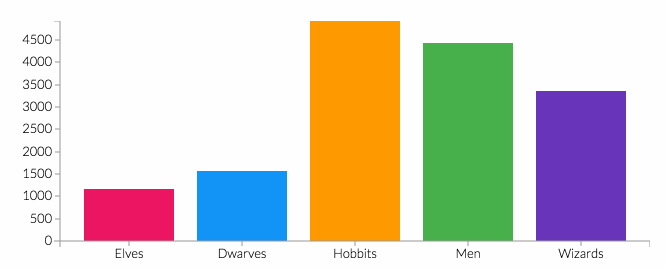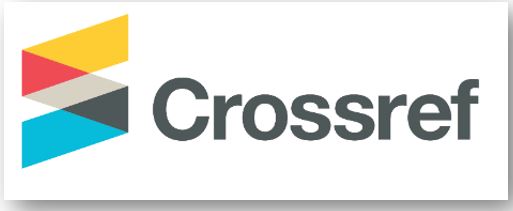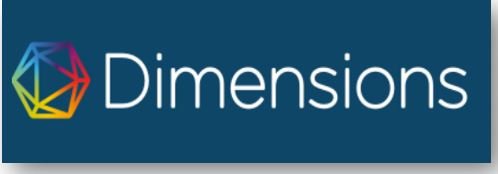Pendampingan Model Pembelajaran Kooperatif Bagi Guru Matematika SMP/MTs se-Kabupaten Maros
DOI:
https://doi.org/10.61231/jp2m.v1i4.139Keywords:
Mathematics Learning,, Cooperative Learning Model, Mathematical Generalization Ability, Mathematics Learning, Cooperative Learning Model, Mathematical Generalization AbilityAbstract
Teacher quality can be improved by increasing knowledge about various methods, approaches and strategies that can be applied in learning to overcome learning problems in the classroom so that innovative learning can be realized which will maximize student achievement. In connection with this problem, the cooperative learning model was socialized to improve students' mathematical generalization abilities. This community service aims to socialize the application of the Active, Collaborative and Inductive (AKI) Cooperative learning model to teachers in Maros Regency. This activity was attended by 23 teachers and lecturers from various schools and universities. During the activity, the teachers were interested and motivated to develop creative mathematics teaching skills using the AKI type cooperative learning model as a solution to the low mathematical generalization abilities experienced by students.
References
Anggoro, B. S. (2016). Meningkatkan Kemampuan Generalisasi Matematis Melalui Discovery Learning dan Model Pembelajaran Peer Led Guided Inquiry. Al-Jabar: Jurnal Pendidikan Matematika, 7(1), 11–20. http://dx.doi.org/10.24042/ajpm.v7i1.9663
Dahar, R. W. (2011). Teori Belajar dan Pembelajaran. Jakarta: Erlangga.
Hendikawati, P., Wijayanti, K., Sunarmi, Veronica, R. B., & Waluya, S. B. (2019). Pelatihan Pembelajaran Matematika Kreatif dengan Pendekatan Konstruktivisme bagi Guru-Guru Sekolah Dasar YPII. Jurnal Abdimas, 23(1), 1–7. https://doi.org/10.15294/abdimas.v23i1.12613
Hutabarat, J. (2014). Penerapan Teori Belajar Penemuan Bruner Pada Pokok Bahasan Bangun Ruang Sisi Lengkung di Kelas IX. In Blog Juandi Hutabarat. http://juandi199.blogspot.com/2013/01/penerapan-teori-belajar-penemuan-bruner.html
Joyce, B., Weil, M., & Calhoun, E. (2011). Models of Teaching: Model-Model Pengajaran. Edisi Kedelapan (Achmad Fawaid & Ateilla Mirza, penterjemah). Yogyakarta: Pustaka Pelajar.
Mulyatna, F., & Kusumaningtyas, W. (2017). Simbolisasi dalam Metode Numerik sebagai Representasi Konsep dan Prosedur. NUMERICAL: Jurnal Matematika Dan Pendidikan Matematika, 1(2), 73–86. https://doi.org/10.25217/numerical.v1i2.129
Rahmawati, N. D. (2019). Peningkatan Kualitas Pembelajaran Matematika Diskrit Melalui Problem Based Learning pada Mahasiswa Semester IV Prodi Pendidikan Matematika Universitas Hasyim Asy’ari. JKPM (Jurnal Kajian Pendidikan Matematika), 4(2), 101–110. https://doi.org/10.30998/jkpm.v4i2.3787
Rapi, M. (2012). Pengantar Strategi Pembelajaran. Makassar: Alauddin University Press.
Sapitri, N., Sahwal, S. S., Satifah, D., & Takziyah, N. (2023). Peran Guru Profesional Sebagai Fasilitator Dalam Kegiatan Pembelajaran di Sekolah Dasar. CaXra: Jurnal Pendidikan Sekolah Dasar, 3(1), 73–80. https://doi.org/10.31980/caxra.v3i1.2625
Siregar, S. U., Nazliah, R., Hasibuan, R., Julyanti, E., Siregar, M., & Junita. (2021). Manajemen Peningkatan Kualitas Pembelajaran Matematika Pada Sma Labuhanbatu. Jurnal Education and Development, 9(2), 285–290. https://doi.org/10.37081/ed.v9i2
Sugandi dkk. (2004). Teori Pembelajaran. Semarang: UPT MKK UNNES.
Suryani, N. (2009). Implementasi Model Pembelajaran Kolaboratif Untuk Meningkatkan Ketrampilan Sosial Siswa. Majalah Ilmiah Pembelajaran, 6(2).
Tamrin, M. (2013). Sosialisasi Model-Model Pembelajaran Kooperatif Pada Sma Negeri 4 Kota Ternate. Delta-Pi: Jurnal Matematika dan Pendidikan Matematika, 2(1), 84–92. https://doi.org/10.33387/dpi.v2i1.106
Ulhusna, M., Putri, S. D., & Zakirman, Z. (2020). Permainan Ludo untuk Meningkatkan Keterampilan Kolaborasi Siswa dalam Pembelajaran Matematika. International Journal of Elementary Education, 4(2), 130–137. https://doi.org/10.23887/ijee.v4i2.23050
Wijaya, E. Y., Sudjimat, D. A., & Nyoto, A. (2016). Transformasi Pendidikan Abad 21 Sebagai Tuntutan Pengembangan Sumber Daya Manusia Di Era Global. Prosiding Seminar Nasional Pendidikan Matematika, 1, 263–278.
Downloads
Published
Issue
Section
License
Copyright (c) 2023 Nirfayanti Nirfayanti, Ernawati Ernawati, Khaerani Khaerani, A. Muhajir Nasir, Rahmawati Rahmawati, Syamsuriyawati Syamsuriyawati, Dedy Setyawan

This work is licensed under a Creative Commons Attribution 4.0 International License.
You are free to:
- Share — copy and redistribute the material in any medium or format for any purpose, even commercially.
- Adapt — remix, transform, and build upon the material for any purpose, even commercially.
- The licensor cannot revoke these freedoms as long as you follow the license terms.
Under the following terms:
- Attribution — You must give appropriate credit , provide a link to the license, and indicate if changes were made . You may do so in any reasonable manner, but not in any way that suggests the licensor endorses you or your use.
- No additional restrictions — You may not apply legal terms or technological measures that legally restrict others from doing anything the license permits.
Notices:
You do not have to comply with the license for elements of the material in the public domain or where your use is permitted by an applicable exception or limitation .
No warranties are given. The license may not give you all of the permissions necessary for your intended use. For example, other rights such as publicity, privacy, or moral rights may limit how you use the material.















